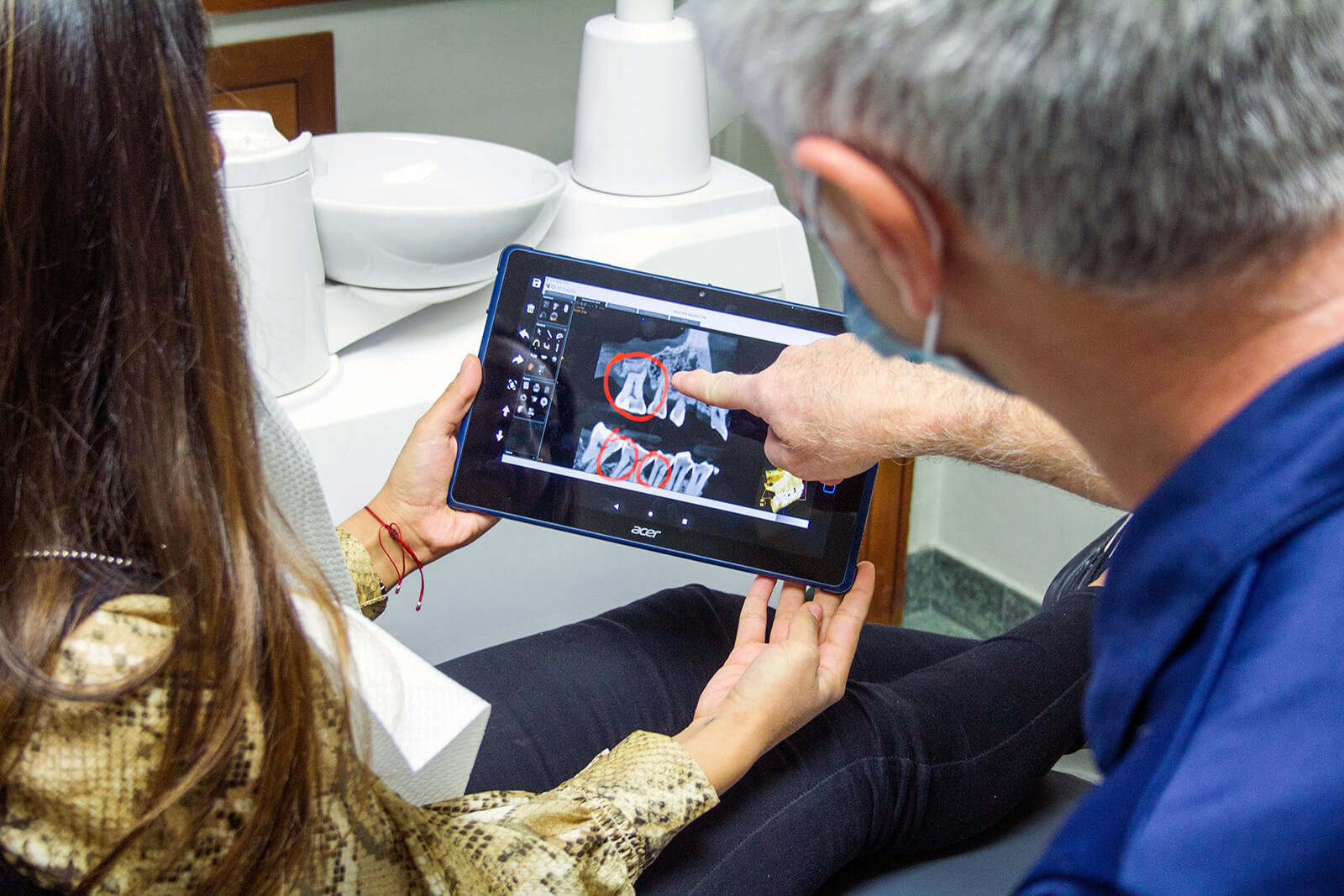In the pharmaceutical industry, ATU market research has historically been the foundation from which critical business decisions are made. But as healthcare evolves and physician preferences shift, a growing number of life sciences commercial teams are questioning whether ATU research is still a worthwhile investment.
In this blog post, we’ll unpack the pros and cons of investing in ATU research – and present an alternative approach that delivers a better return on your pharmaceutical market research investment.
The Growing Disadvantages of ATU Market Research
On the surface, the benefits of ATU market research are all in the name. An acronym for awareness, trial, and usage, ATU research provides an in-depth look at how healthcare providers (HCPs) perceive a company’s brand or product.
For pharma companies, this includes information on how physicians first became aware of the product, when they decided to try it for the first time, and how they continue to use or prescribe it in their medical practice.
Historically, some of the advantages of ATU market research have included a deep list of comprehensive questions, large physician sample sizes, and the abilty to benchmark from year-to-year. But as the healthcare landscape continues to evolve, and gaining access to the right physicians becomes more challenging, the question needs to be asked: Does ATU market research still deliver value – especially considering its high price point?
As we work with life sciences companies across the U.S. and Canada, we’re hearing a growing number of concerns with ATU research, including:
- High costs: The cost of a single ATU research study can add up to $100,000 or more. That’s a huge financial investment – especially for small and mid-size pharma companies.
- Long lead times: Gathering insights from a large sample size of physicians takes time. If you lead a life science commercial team, that means you won’t see research results until months after a survey is commissioned.
- Rigid formats: Asking the same questions year after year can be helpful for benchmarking. But following such a rigid structure limits your ability to make nimble decisions or respond to unplanned market events.
- Infrequent reporting: Most life sciences companies commission ATU research on an annual or bi-annual basis. This infrequent reporting can limit your ability to leverage real-time provider insights to drive business decisions.
- Poor physician participation: These days, fewer physicians are interested in taking an hour-long survey or participating in a physician advisory board. This low engagement can extend lead times – and negatively impact HCP targeting as the sample size is expanded to hit the target number of responses.
A Smarter Alternative to ATU Research
Instead of limiting your market research to a single annual survey, KeyOps offers on-demand access to hyper-targeted insights – delivered at a fraction of the cost of ATU research.
Our approach begins with precise HCP targeting. Share your existing sales target list, and we’ll use it to build the audience for KeyOps engagements. If a physician isn’t in the KeyOps network, our team will recruit them. And if you need to reach more providers, we can pull specialists that match your profile from within the KeyOps network.
Then, we help you create short physician surveys that return results in as few as five days. By combining our targeted outreach with short engagements designed to boost participation, you can leverage real-time data to optimize your sales and marketing strategies.
For the same investment as a single ATU research survey, you can send four to six KeyOps surveys to a targeted list of physicians that matter most to your business. This allows you to:
- Gather timely insights throughout the year
- Respond to sudden, unplanned market events
- Test sales and marketing messages before launching a new campaign
- Ask follow-up questions based on prior market research results
For these reasons, life science companies of all sizes are using KeyOps to generate a higher return on their market research investment.
For small and mid-size pharma companies, shifting market research to KeyOps allows them to gather more frequent, actionable insights on a limited budget. Meanwhile, large global pharmaceutical companies may not abandon ATU research altogether, but use KeyOps to augment ATU data with quick pulse checks throughout the year.

This is a brief blurb that should summarize what loop does. Maybe it will serve as a brief intro to some of the features?

.jpg)




